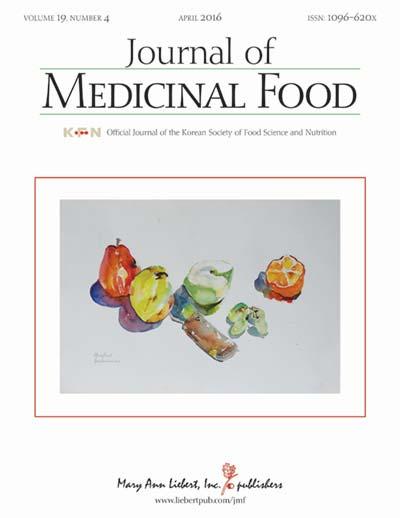Monthly Archives: August 2007
Fat on Chest and Upper Back Increases Risk of Insulin Resistance
Upper trunk fat, deposits of fat on the chest and back, is associated with an increased risk of insulin resistance, a condition that is a precursor of type 2 diabetes.
Improve Healthy Eating by Involving Kids in Grocery Shopping
Getting kids to eat their fruits and vegetables can be a challenge for any parent. However, involving children in grocery shopping is an important step in getting kids interested in fruits and vegetables.
Obesity And Lack Of Exercise Could Enhance the Risk of Pancreatic Cancer
Obesity and aversion to exercise have become hallmarks of modern society, and a new study suggests that a blood protein linked to these lifestyle factors may be an indicator for an increased risk of developing pancreatic cancer.
Diabetes Appears to Increase Risk of Death for Patients With Acute Coronary Syndromes
Individuals with diabetes and acute coronary syndromes (ACS) such as a heart attack or unstable angina have an increased risk of death at 30 days and one year after ACS, compared with ACS patients without diabetes.
Pathway for Increasing “Good” Cholesterol
Researchers have discovered that a group of liver enzymes may be the key to raising levels of good cholesterol (HDL-C).
Researchers Discover Gene’s Complex Role in Obesity, Fatty Liver and Diabetes
Researchers have found that a gene in the liver and elsewhere in the body, when inhibited or increased, affects fatty liver and diabetes but does not alleviate both diseases at once.
Researchers Find Vitamin B1 Deficiency Key to Vascular Problems for Diabetic Patients
Researchers have discovered that deficiency of thiamine (Vitamin B1) may be key to a range of vascular problems for people with diabetes.
Reanalysis of Controversial Meta-Analysis Says Writing Off Rosiglitazone May Be Premature
A re-analysis of the data used linking heart problems to Rosiglitazone (Avandia) for the treatment of type 2 diabetes suggests that the earlier methodology may have resulted in inflated risk estimates.
Abnormal Fat Metabolism Underlies Heart Problems in Diabetic Patients
In those with diabetes, cardiovascular complications occur at an earlier age and often result in premature death, making heart disease the major killer of diabetic people. But why?
Cases of Undiagnosed Diabetes Drop Sharply
The number of men in the United States with undiagnosed diabetes has declined sharply over the past 25 years, with Hispanics and African-Americans no longer more likely than whites to unknowingly have the disease.
Obesity Linked to Hyperparathyroidism in Chronic Kidney Disease
For patients with chronic kidney disease (CKD), the risk of elevated levels of parathyroid hormone (PTH), or hyperparathyroidism increases along with body weight.
Markers Shown to I.D. Diabetes in Still-Healthy People
Researchers have confirmed the role played by three molecules known as cytokines as a cause of Type 2 diabetes, and further, have identified these molecules as early biological markers that may be used to more accurately predict future incidences of diabetes among apparently healthy individuals.
Scientists Show That Mitochondrial DNA Variants are Linked to Risk Factors for Type 2...
Researchers report for the first time that genetic variants in mitochondria, energy-producing structures harboring DNA that are inherited only from the mother, are directly linked to metabolic markers for type 2 diabetes.
Adverse Housing Conditions Contribute to Diabetes Risk
Studying people in their homes and neighborhoods, investigators have found that poor housing conditions contribute to the risk for diabetes in urban, middle-aged African-Americans.
Common Diabetes Drug Kills Some Cancer Cells
Researchers have found that a commonly prescribed diabetes drug kills tumor cells that lack a key regulatory gene called p53.
Finding May Lead to New Drugs to Combat Obesity and Reduce Diabetes Incidence
A new study has identified a protein that may play a major role in how fat is produced and stored, offering a new target for treatments to prevent obesity and reduce the risk for type 2 diabetes.






